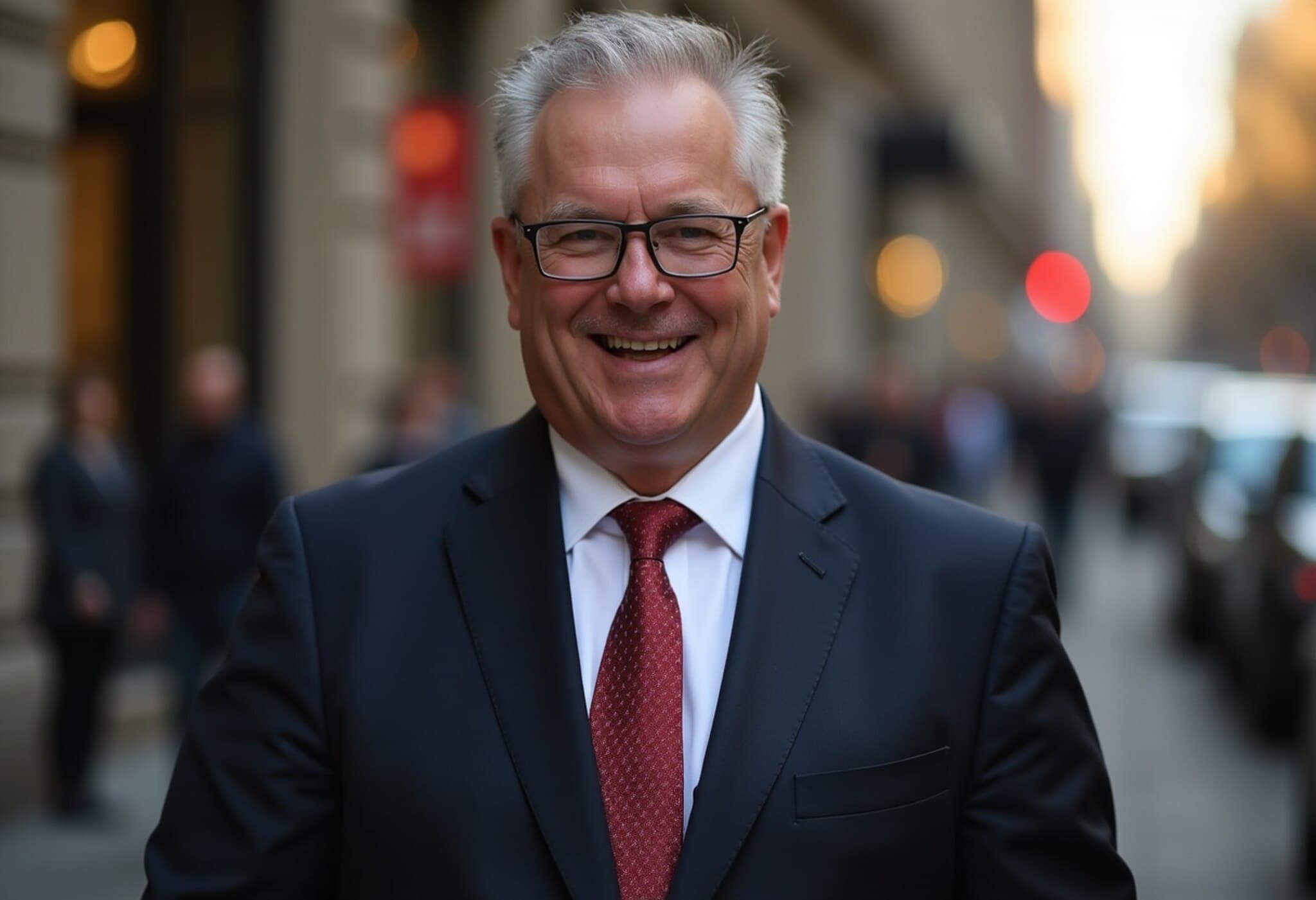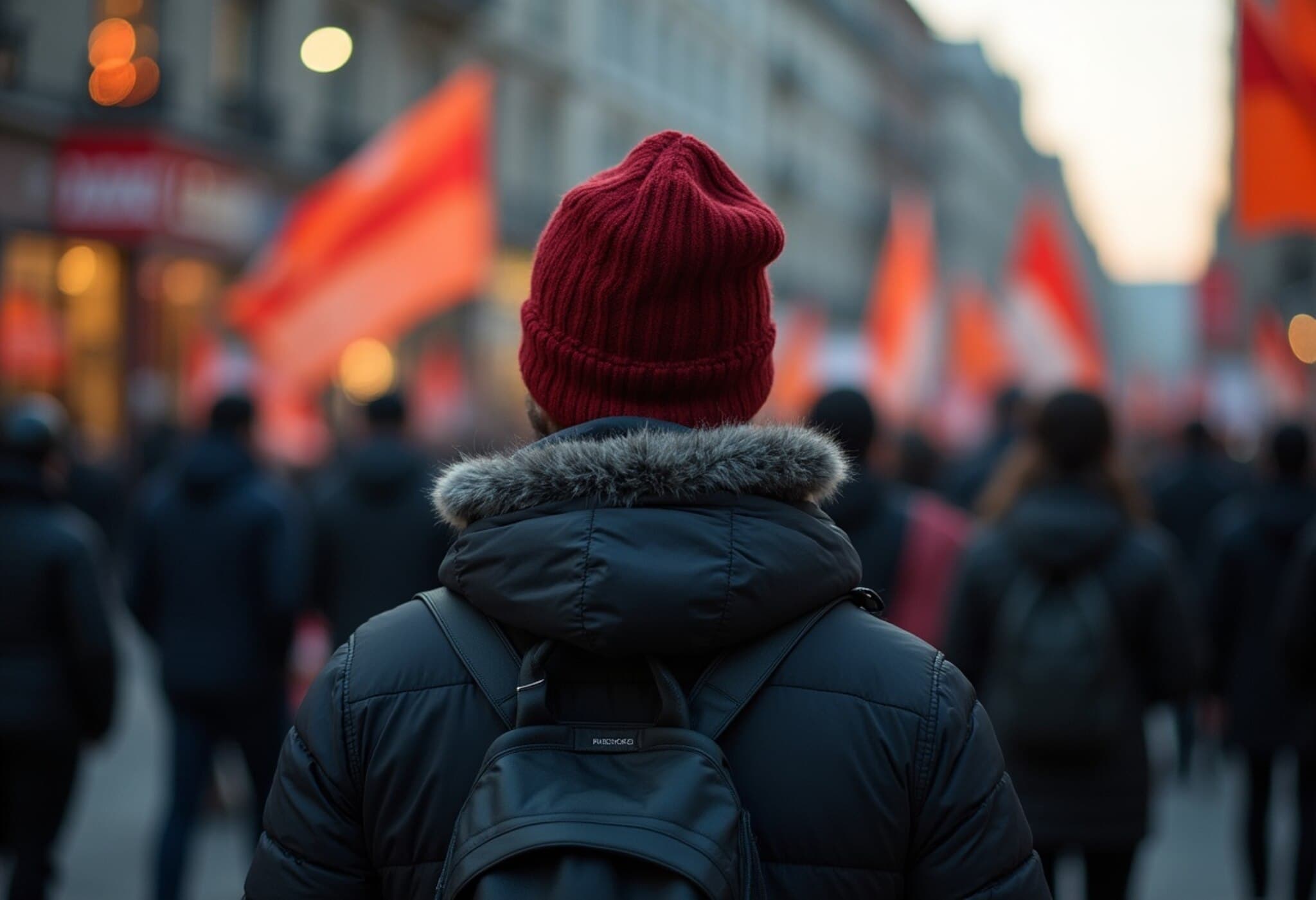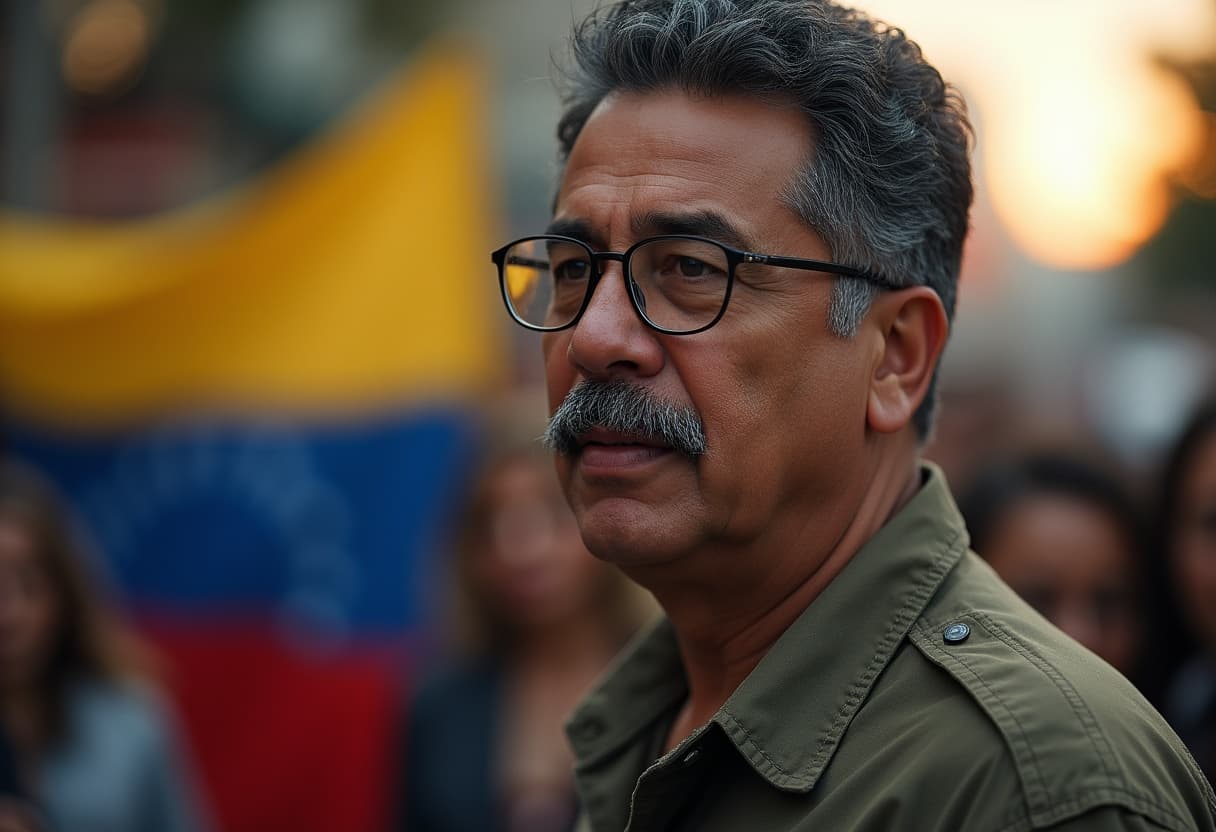Vietnamese Farmers Face Land Loss Over $1.5 Billion Trump-Backed Golf Course Project
In the rural province of Hung Yen, south of Hanoi, a $1.5 billion golf resort project sponsored by the Trump Organization in partnership with Vietnamese developer Kinh Bac City is drawing sharp criticism and raising questions about fair compensation for displaced landowners.
A Controversial Compensation Package
According to The Guardian and Reuters, local farmers whose valuable farmland is being cleared to make way for a sprawling resort complex—including a 54-hole golf course, luxury villas, resorts, and an urban development area—have been offered compensation they deem insufficient. Offers reportedly range from $12 to $30 per square meter of farmland, supplemented by several months’ supply of rice and additional payment for destroyed crops.
For context, a local official explained that typical land sales in the area rarely exceed $14 per square meter, underscoring farmers’ skepticism regarding the fairness and adequacy of the compensation. Furthermore, under Vietnam’s unique land ownership laws, all land is state-owned and farmers are granted long-term usage rights, which complicates the issue of ownership and compensation.
Political and Economic Dimensions
Prime Minister Pham Minh Chinh has publicly endorsed the project as a strategic move to bolster Vietnam-US relations and stimulate economic growth through job creation. He affirmed that displaced villagers would receive reimbursement for their land, although specifics remain vague.
Crucially, Vietnam agreed to the golf course deal during sensitive US trade negotiations. Early in 2025, the US had planned to impose a 46% tariff on Vietnamese exports but subsequently lowered it to 20% for many goods—an adjustment seemingly linked with the investment environment and diplomatic undertones surrounding projects like this.
Questions About Transparency and Due Process
Reports by The New York Times highlighted that the development was greenlit hurriedly and commenced before required environmental assessments and regulatory approvals were finalized. This expedited approval process has sparked concern over environmental oversight and adherence to governance norms.
Moreover, while the Trump Organization is cited as a stakeholder, it reportedly does not determine or distribute compensation to affected farmers. This adds layers of complexity regarding accountability, especially as financial disclosures show income from such ventures ultimately funnel back to the Trump family trust.
Expert Insights: Beyond Compensation
- Legal Experts stress the critical need for transparent, fair compensation frameworks in Vietnam’s land-use model, balancing state authority with farmers’ livelihoods.
- Trade Analysts note how large-scale foreign investments can influence diplomatic trade concessions, sometimes at the expense of local populations.
- Environmental Advocates warn about the irreversible impact of rapid urban and recreational developments on rural ecosystems without thorough assessments.
Vietnam’s evolving economic landscape presents opportunities but simultaneously tests the resilience of communities whose land sustains them. This case poses important questions about the price of progress and who truly benefits.
Editor’s Note
The unfolding controversy over the Trump-backed golf course in Vietnam is more than a dispute over land or dollars—it touches on sovereignty, sustainability, and the intersection of global commerce with local rights. While the government's push for modernization and international partnership is clear, ensuring that those living on and cultivating the land are treated justly is paramount. As the project moves forward, one must ask: Are economic gains for the few worth the social and environmental costs borne by the many?











